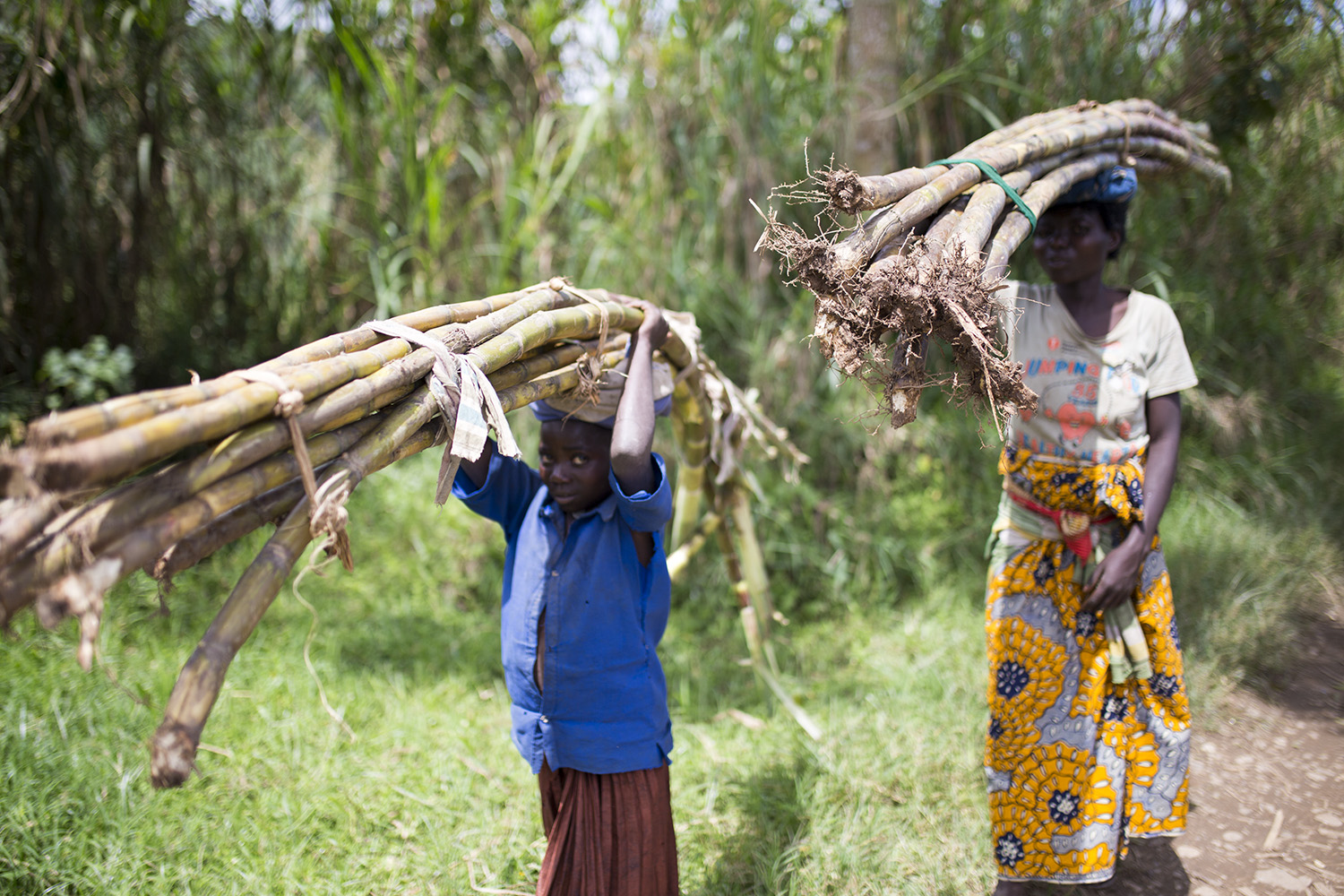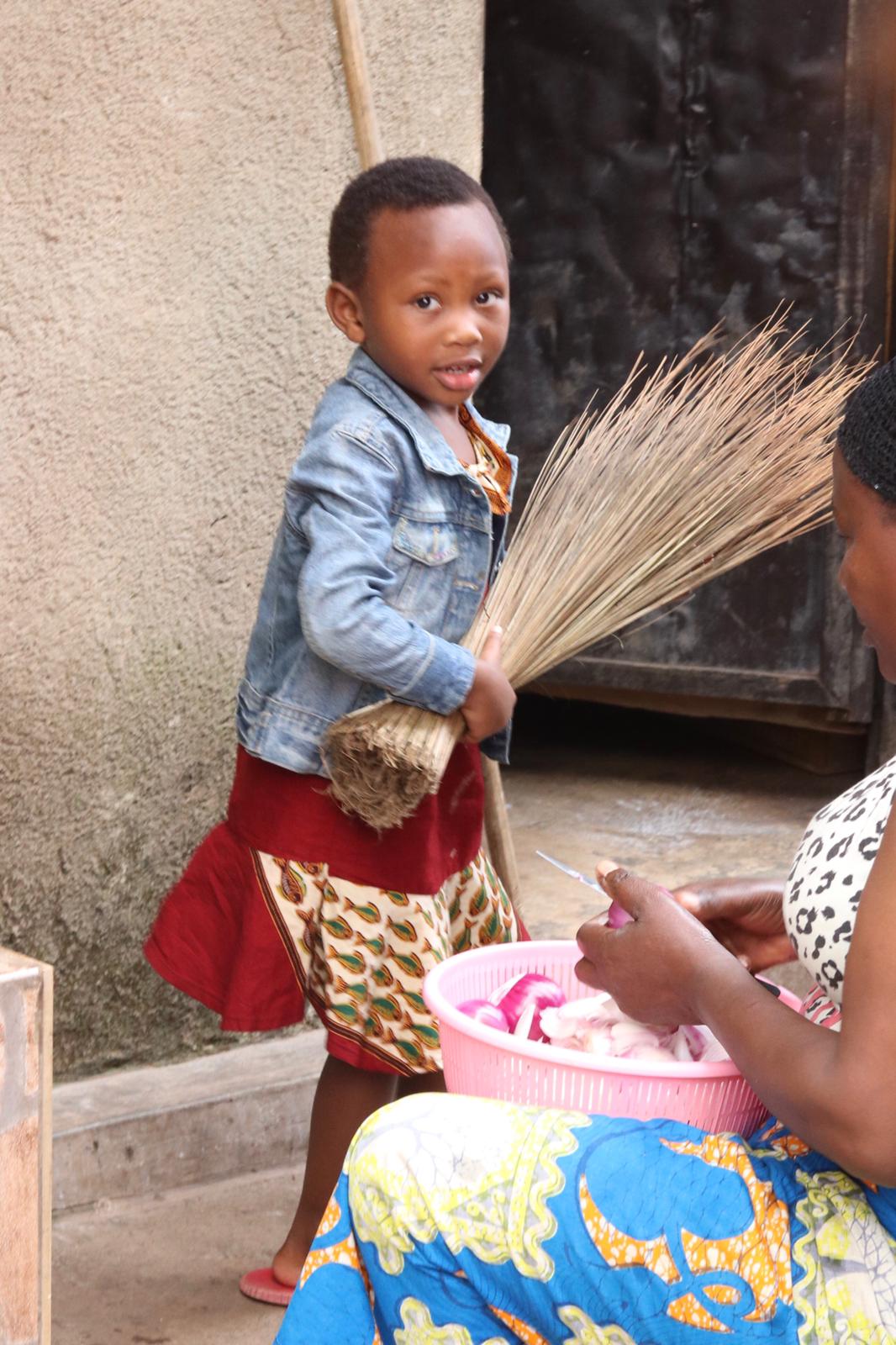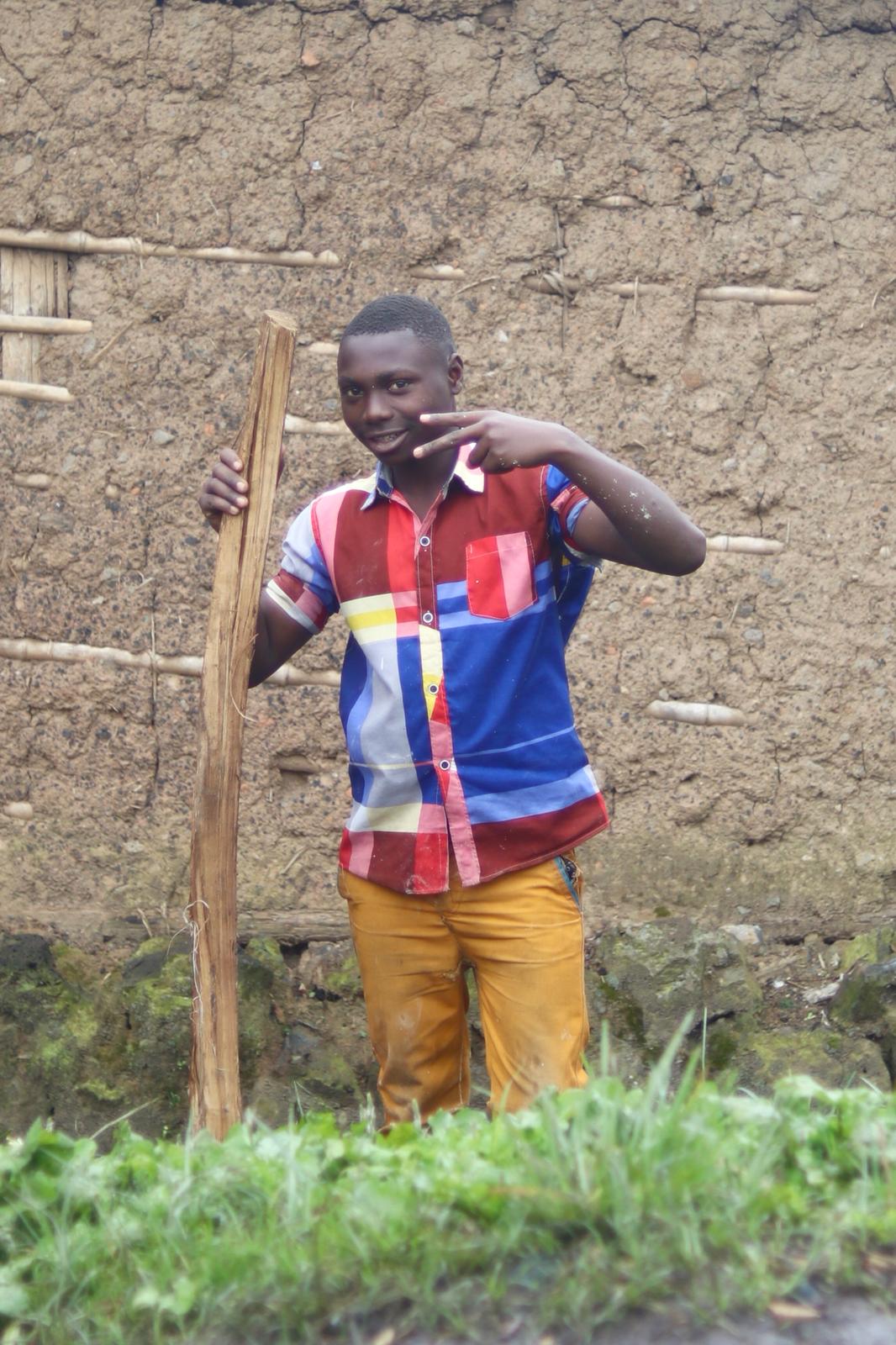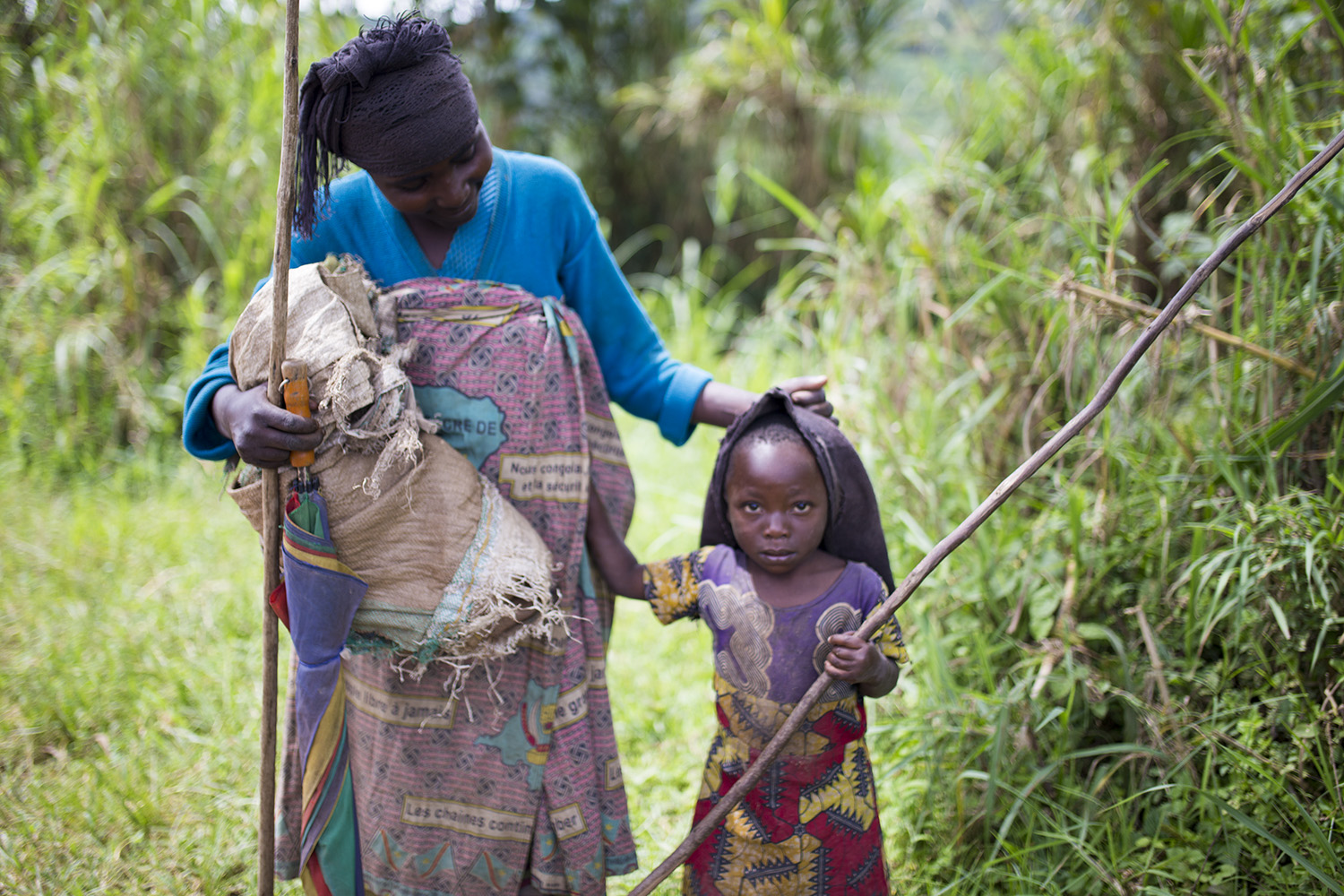‘Umuganda’: mandatory clean-up day keeps country sparkling

By Alex Lin and Elly Wu
In Rwanda, “Umuganda” is a community work that has long existed in Rwandan culture. In the local language, Umuganda means working together to solve social and economic problems for mutual benefit.
Now, Umuganda means national cleanup day. On the last Saturday of every month, businesses are closed and roads are blocked so people can clean streets, cut grass, trim bushes along the roads, plant trees, build houses for the poor and repair public buildings, according to the Rwanda Governance Board.
All of this has led to Rwanda being called the “cleanest country in Africa.”
It also brings profit. According to an assessment report by the Rwanda Governance Board, the economic value of Umuganda from 2007 to 2016 is US $127 million (HK$ 996 million).
Locals says Umuganda is a good chance for the president to interact with the people. “The president was next to me. He talked to us and we chatted about the education environment of my children,” Bram Munyao, a Kigali resident who works as a driver, said.
However, since Umuganda is compulsory for anyone between the ages of 18 and 65 in a country of more than 12 million, Mr. Munyao said the government should provide more tools, such as shovels and axes, and transportation for people to work outside town.
On Umuganda day, from 7 am to 11 am, roads in Rwanda are blocked. Only ambulances, police cars and cars carrying travelers such as buses, intercity coaches or vehicles that carry tourists are allowed to be on the roads. Anyone caught not participating can be fined.
A special pass needs to obtained from the police if someone wants to drive on Umuganda day, said Patrick Ndeze, who works for a travel agency. It takes about 30 minutes he said.
On the last Saturday in May, Mr Ndeze said he was in Kigali but needed to be at work to pick up tourist luggage in Kinigi, a two hour drive from the capital. Although he was ready to set off at 8:30am he had to wait until 1:30pm.
“Everyone is used to it now. It’s part of our life,” he said.


